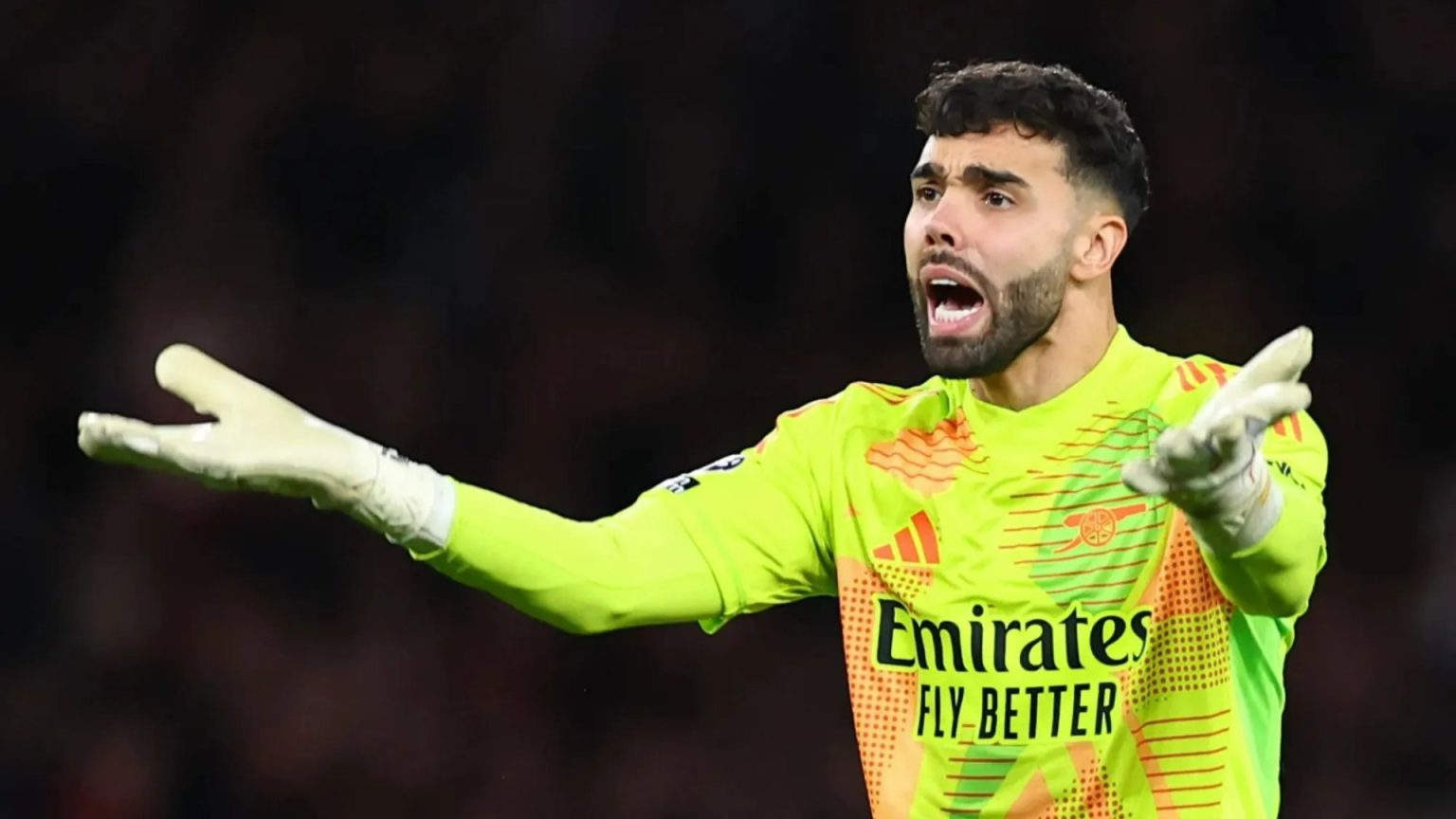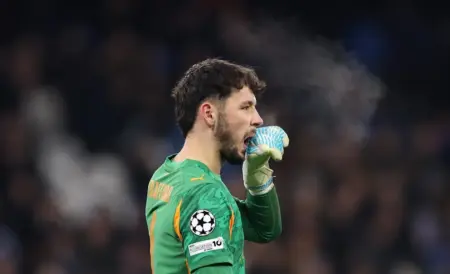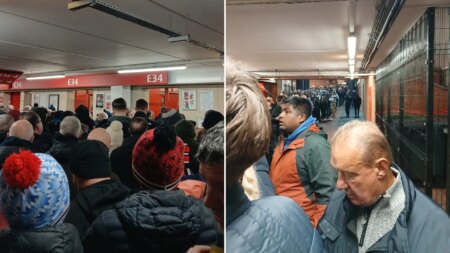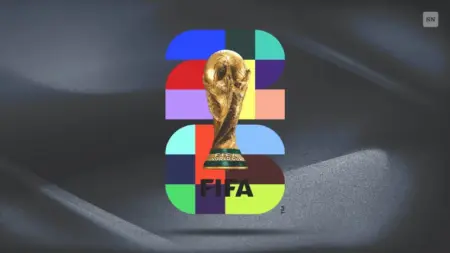Goalkeepers and Time-Wasting: A New Approach
Football lawmakers are considering a significant rule change that could drastically impact the way goalkeepers manage the ball, particularly in crucial moments of a game. According to current laws, goalkeepers are allowed to hold the ball in their hands for six seconds. However, this rule is rarely, if ever, enforced. In many matches, goalkeepers can be seen holding the ball for extended periods, sometimes even 20 seconds or longer, especially towards the end of the game when they are trying to wind down the clock.
The Problem with Current Enforcement
There are two primary reasons why the six-second rule is seldom enforced. Firstly, after six seconds, goalkeepers are often still surrounded by opposition players, particularly during set pieces. This makes it challenging for referees to judge whether the goalkeeper has actually exceeded the time limit. Secondly, the punishment for breaching the rule—an indirect free-kick in the penalty area—has been seen as disproportionately harsh compared to the offense. This has led to a situation where the rule exists in theory but is almost never applied in practice.
Proposed Changes and Their Impact
Now, plans are "progressing positively" towards a shake-up of this legislation, as reported by PA. The proposed changes include increasing the time a goalkeeper can hold the ball from six to eight seconds. Additionally, there will be a new mechanism for enforcing this rule: referees will use a five-second countdown on their hand to publicly signal how much time the goalkeeper has left to release the ball. This public countdown aims to make the rule more transparent and easier to enforce. Moreover, the indirect free-kick sanction will be replaced with the possibility of awarding a throw-in or a corner to the opposition team. These changes are designed to address the practical issues of the current rule and provide a more balanced and fair approach to time-wasting.
Trials and Positive Feedback
The proposed changes are already being tested in various leagues and competitions. This season, the Premier League 2 has implemented the eight-second rule and the awarding of corners to the opposition, with another trial taking place in Malta. The feedback from these trials is reportedly positive, indicating that the new rule could effectively reduce time-wasting without causing undue disruption to the game. Ifab, the International Football Association Board, which oversees the laws of football, is set to discuss these changes further at their annual general meeting in Belfast on Saturday. Given the positive responses, it is anticipated that the new rule could be officially implemented in the 2026-27 season, following another season of trials to gather more data and input.
Other Rule Changes on the Horizon
The upcoming Ifab meeting in Belfast isn’t solely focused on the goalkeeper time-wasting issue. Other significant rule changes are also on the agenda. One of these is the introduction of video support systems, which would allow coaches to challenge referee decisions. This system, similar to those used in tennis and cricket, has been tested in FIFA’s Women’s Under-17 and Under-20 World Cups. The video support system aims to provide a more accurate and fair assessment of key moments in the game, especially for competitions that do not have the resources for full VAR (Video Assistant Referee) technology.
Attacking Players to Gain an Edge
Another potential rule change revolves around the offside rule. A proposed update could give greater advantage to attacking players by implementing the ‘daylight’ rule. Under this rule, an attacker would be considered onside if at least some part of their body is level with the second-last defender, even if the rest of their body is ahead. This change is intended to simplify the offside rule and make it more favorable for attacking plays. Arsene Wenger, FIFA’s chief of global football development, has been a strong advocate for the ‘daylight’ rule, which has already been trialed in U18s football in Italy. These updates, along with the goalkeeping rule changes, are part of a broader effort to enhance the fairness and excitement of the game.











